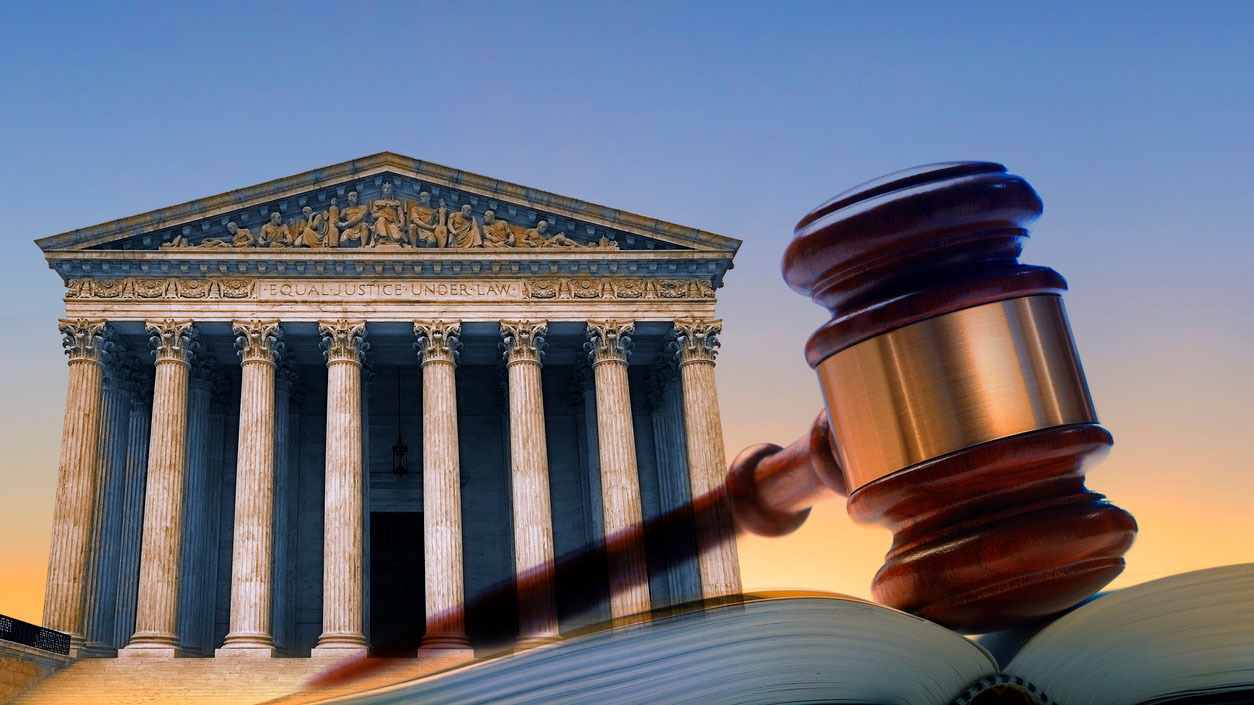Amicus Brief: Changizi v. Dept. of Health & Human Services

Introduction
Mark Changizi, Michael Senger, and Daniel Kotzin became active Twitter users in March 2020, focusing on criticism of government pandemic policy and rapidly gaining large followings. Many of their more-controversial contentions—for instance, that lockdowns and mask and vaccine mandates would be ineffective at curbing viral spread while having deleterious societal effects—have turned out to be true. In the spring of 2021, federal officials began making public statements threatening tech companies with regulatory or other sanctions if they failed to do more to censor “misinformation.” Coincidentally, beginning around April 2021, the three men began experiencing censorship, including temporary suspensions and shadow bans, and two ultimately were suspended from their accounts. Then, in March 2022, the surgeon general issued a “request for information” (RFI), demanding that tech companies turn over the identities of “misinformers” on a wide variety of platforms.
Changizi, Senger, and Kotzin sued the Department of Health and Human Services, arguing that, by coercing social-media companies to censor “misinformation,” the federal government violated their First Amendment rights. They also argued that the RFI: (1) had a chilling effect on speech; (2) constituted an unlawful search in violation of the Fourth Amendment; and (3) was beyond the administrative authority granted the surgeon general.
The federal district court in Ohio dismissed the lawsuit after finding that the plaintiffs could not demonstrate that the censoring of their accounts was tied to the government, since Twitter had engaged in some such restrictions beforehand. The court rejected the plaintiffs’ contentions that they had observed censorship escalate around the time the federal government began its public campaign, and that they should at least be permitted to get discovery and ascertain whether there existed additional evidence of illicit government involvement. (Notably, a district court in Louisiana granted discovery in a similar suit, Missouri v. Biden.) Since the district court dismissed the case on May 5, 2022, new evidence has surfaced corroborating the theory that the government was driving Covid-related censorship. A whistleblower exposed DHS emails showing a campaign to pressure social-media companies to censor purveyors of “misinformation” (including those who cast doubt on the efficacy of masks and vaccines) and, very recently, a FOIA request turned up CDC emails demonstrating the same tactics being used by that agency.
The Manhattan Institute, together with the Institute for Free Speech, has now filed an amicus brief supporting the Changizi plaintiffs before the U.S. Court of Appeals for the Sixth Circuit. We argue that state action exists, and thus constitutional scrutiny attaches, when government threats affect the decisions of private entities such that their actions effectively become those of the state. The same state action occurs when, in lieu of coercion, the government colludes with private actors. We face untold regulatory challenges in adapting to the digital age, particularly with the explosion of social-media platforms as forums for expressing political ideas, but there’s little difference between 21st century censorship and that which came before. Censorship by a government-coerced or -induced or -collaborating agent violates the First Amendment no less than an official order to “stop the presses.”
Ilya Shapiro is a senior fellow and director of Constitutional Studies at the Manhattan Institute. Follow him on Twitter here.
Are you interested in supporting the Manhattan Institute’s public-interest research and journalism? As a 501(c)(3) nonprofit, donations in support of MI and its scholars’ work are fully tax-deductible as provided by law (EIN #13-2912529).